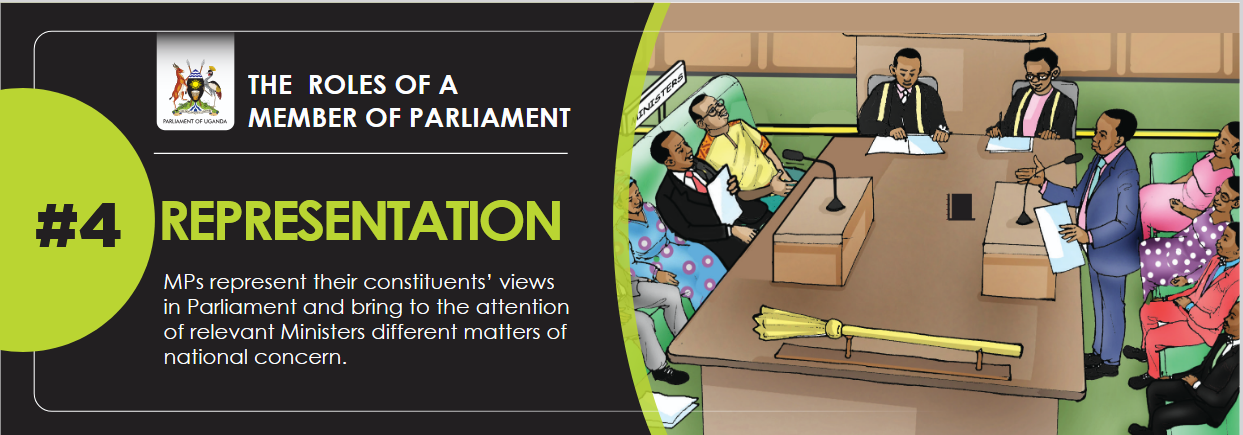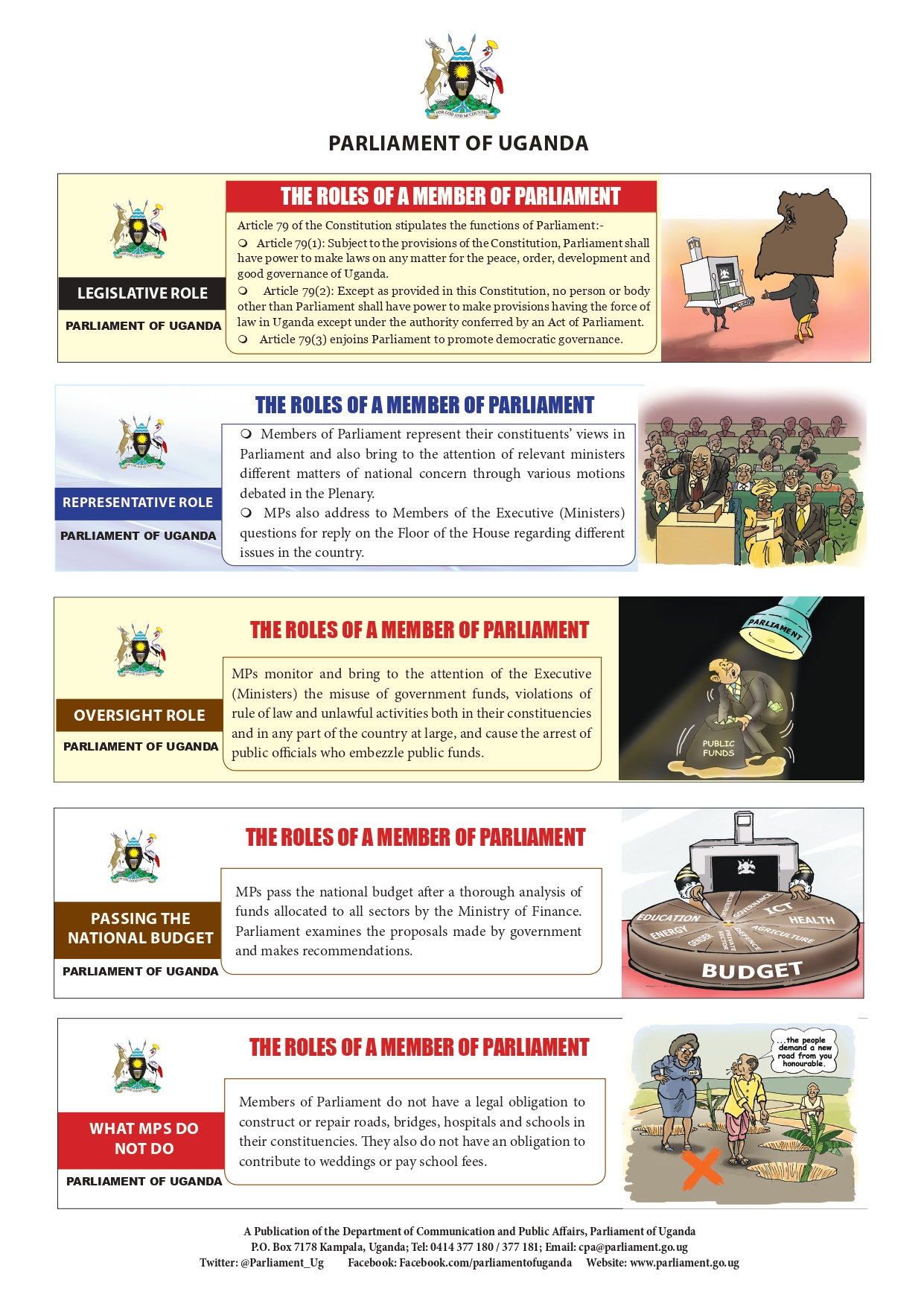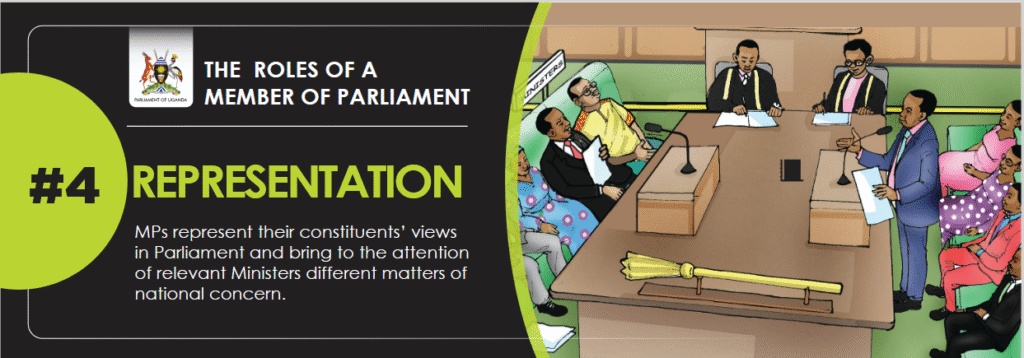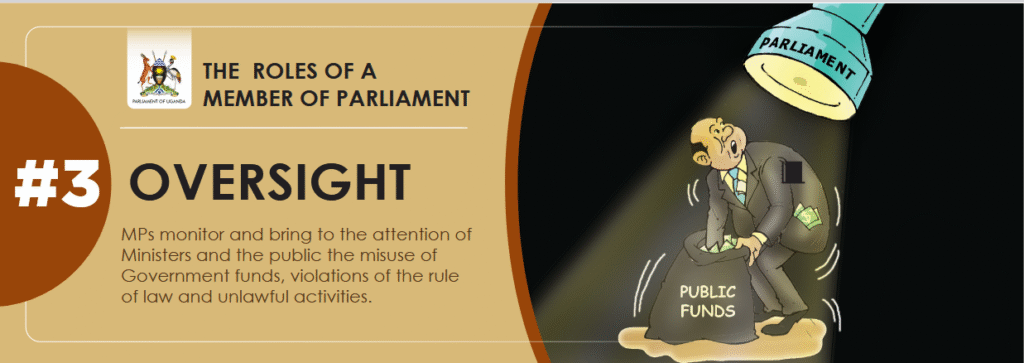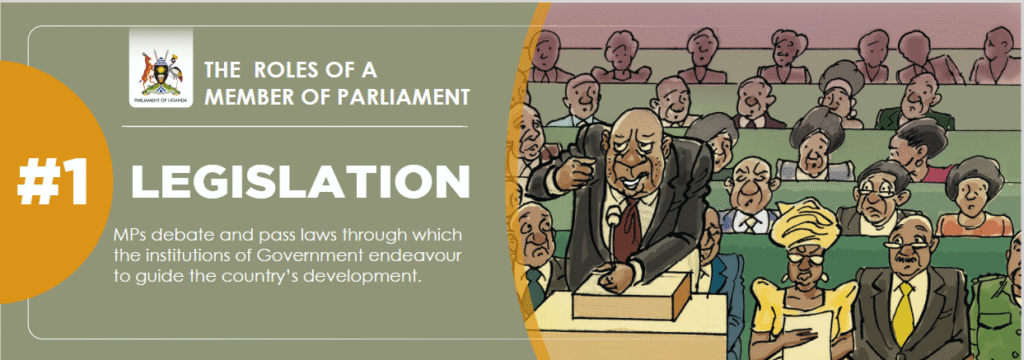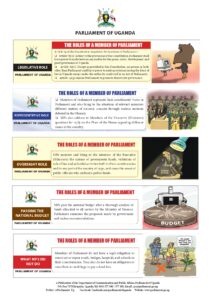The Supreme Court has cancelled former National Social Security Fund (NSSF), managing director, David Chandi Jamwa’s bail and sent him back to Luzira prison to continue serving his 12-year sentence for causing a financial loss of Shs3.1billion to government.
In a 3-2 majority decision, the justices on the panel said that they did not find any merit in Jamwa’s grounds of appeal which were accordingly dismissed.
Jamwa’s temporary freedom had been granted to him in May 2018 following his appeal against the 12 year prison sentence handed to him by Anti-corruption Court. He had appealed the sentence, but also applied for bail in the Supreme Court.
“We find the appellant’s (Jamwa) sentence of 12 years imprisonment for causing financial loss contrary to section 20 of the Anti-Corruption Act imposed by the trial court and confirmed by the Court of Appeal a legal sentence,” ruled the justices; Eldad Mwangusya, Lillian Tibatemwa and Paul Mugamba.
However, Justice Dr. Esther Kitimbo Kisakye and Justice Jotham Tumwesigye dissented.
The justices added that they found no reason to interfere with the sentence.
“After re-evaluation of the mitigating factors for the appellant, we find that the Court of Appeal legally sentenced the appellant to four years imprisonment for the offense of abuse of office. As a result, having found that all the grounds of appeal failed, this appeal is hereby dismissed. We uphold the decision of the Court of Appeal.”
In his appeal, Jamwa (through his lawyers) had submitted that the court of appeal as a first appellate court failed in its duty to re-evaluate the evidence and test it against the conclusions of the Anti-Corruption Court. It was also argued that the Court of appeal only cited the law on the duty, and that the the judgement of the trial court was devoid of logic and reason because after reproducing portions of evidence that were clearly in favor of the appellant (Jamwa), the judge found him guilty without considering the evidence as a whole against each element.
Jamwa also pleaded that there was nothing sinister or illegal about selling NSSF’s treasury bonds before maturity. He contended that there was no evidence of a corrupt intent in his impugned actions.
In the ruling, the justices noted that there was sufficient evidence on record to prove that that Jammwa acted arbitrary when he authorized the sale of the bonds in question before the maturity date. I was also noted that there was conflict of interest in the sale of the treasury bonds to Crane Bank, and at the time of the sale, NSSF was not in lack of liquid cash.
“We find that the learned trial judge properly evaluated the evidence and came to correct conclusions.” part of the Supreme Court ruling read.
“The sentence of 12 years imprisonment for the offense of causing financial loss is perfectly legal and we hold so..”
Court also ruled that the then deputy Chief Justice Steven Kavuma who at the time of retirement had neither appended his signature on the judgement that was in place nor authored an independent judgement lost the authority since he ceased being a Justice of the Court.














